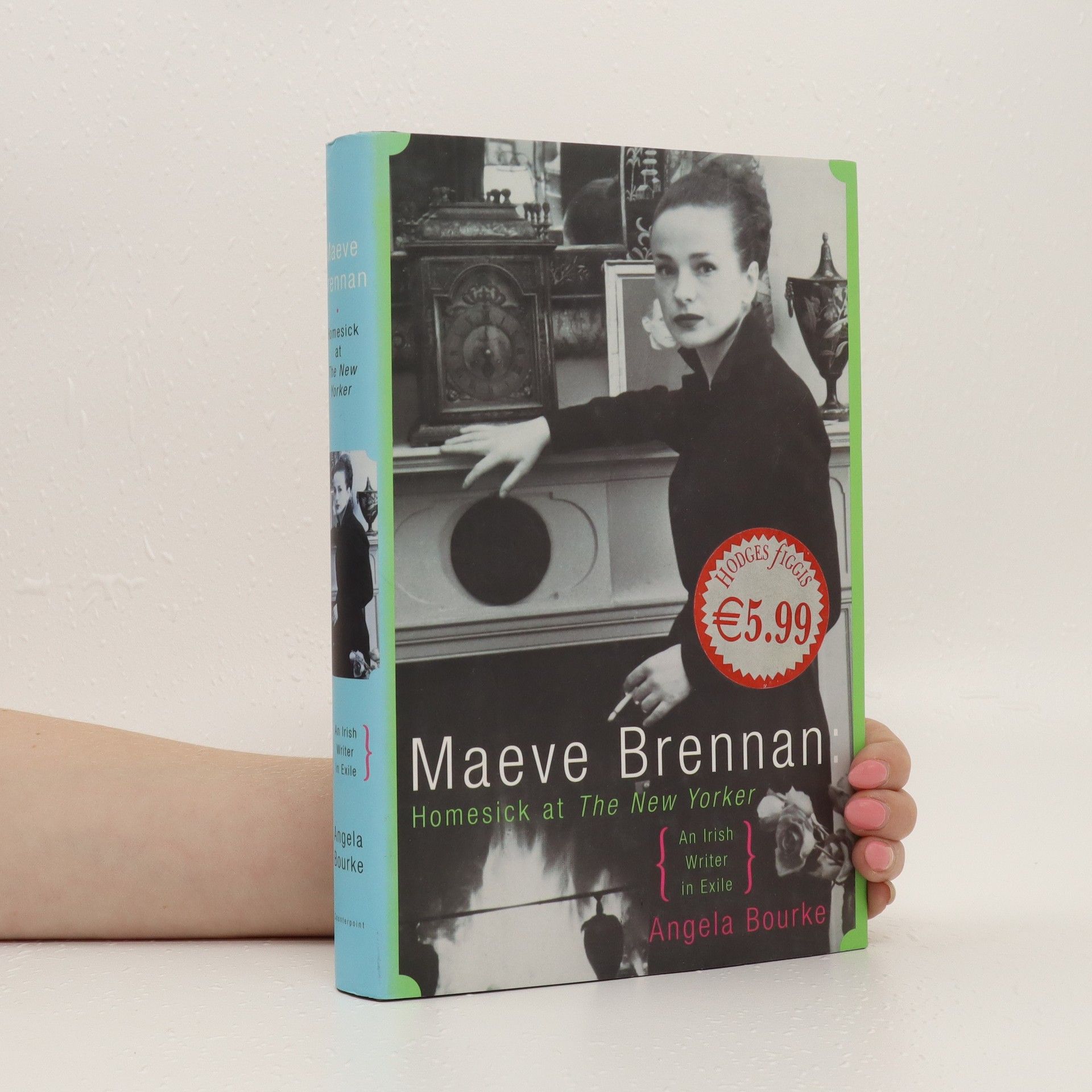The tragic odyssey of Maeve Brennan, The New Yorker's Long Winded Lady, from happy Dublin childhood to Manhattan glamour, from brilliant literary accomplishment to madness, homelessness, death, and rediscovery . Maeve Brennan was an Irishwoman & a New Yorker; an intellectual & a beauty; a daughter, sister, aunt, lover, wife & friend. Witty, stylish, small & quick, she dazzled everyone who met her. She wrote some of the finest English prose of the 20th century, yet she was practically unknown in Ireland during her lifetime, and for 20 years before her death, was forgotten in her adopted America. Rediscovered & republished since 1997, her writings remain in the mind like a previously unknown species of animal or plant. Patiently, almost without mercy, her Irish stories probe the discomforts of quiet, careful, middle-class Dubliners, offering an unparalleled feminine view of a society & a place, an intimate history of modern Ireland; by contrast, her American stories throw the life of privileged New Yorkers & their Irish servants into grotesque relief. Brennan's fiction bores deep into her own memory, and her family's. It returns obsessively to the same houses, the same cruxes in a
Angela Bourke Knihy
Bourke je známa svojím prenikavým skúmaním írskej histórie a kultúry, najmä života v Dubline. Jej tvorba sa často zameriava na komplexnosť ľudských vzťahov a vplyv spoločenských zmien na jednotlivcov. Prostredníctvom precízneho výskumu a živého písania oživuje minulosť a ponúka čitateľom pútavý pohľad na írsku identitu. Jej literárny prínos spočíva v schopnosti prepojiť osobné príbehy s širšími historickými udalosťami.


In 1825 26 year old Bridget Cleary disappeared from her house in rural Tipperary. At first, some said that the fairies had taken her into their stronghold in a nearby hill, from where she would emerge, riding a white horse. But then her body was found in a shallow grave. her husband, father, aunt and cousins were arrested and charged, while newspapers in nearby Clonmel, and then in Dublin, Cork, London and further afield attempted to make sense of what had happened. In this lurid and fascinating incident, set in the dawn of the twentieth century, we wirness the collision of town and country, of superstition and scepticism, of old and new. The torture and burning of Bridget Cleary caused a sensation in its own time and continues to reverberate more than 100 years later.